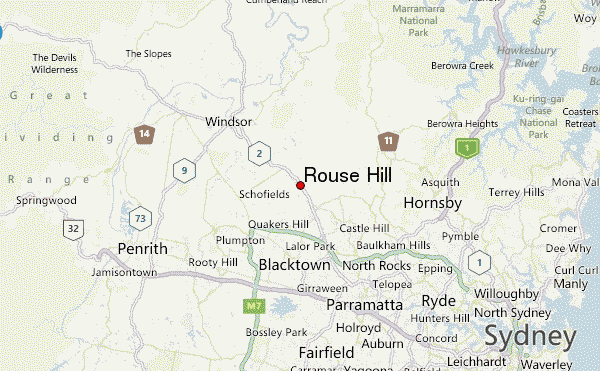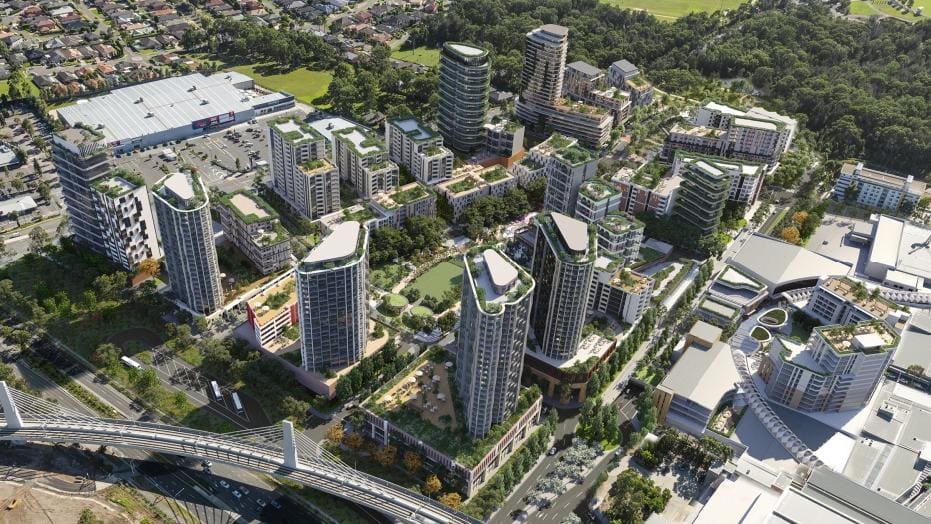NSW Health is calling on residents in Sydney’s Rouse Hill area to get tested if they have even the mildest COVID-19 symptoms after the state’s sewage surveillance program detected traces of the virus in the area.
The catchment takes sewage from approximately 120,000 people.
NSW Health said fragments of the virus that causes COVID-19 had been detected in samples taken on Thursday 5 November from the sewerage system that drains parts of Quakers Hill, Castle Hill, Annangrove, Kellyville, Box Hill, Kenthurst, Glenhaven, The Ponds, Rouse Hill, North Kellyville, Kellyville Ridge, Beaumont Hills, Stanhope Gardens, Baulkham Hills, Glenwood, Bella Vista, Parklea, Acacia Gardens and Norwest.

“The positive sewage result can be due to shedding of the virus by someone who may have previously had the illness, with the virus ‘shedding’ through their system for up to six to eight weeks later,” the health department said in a statement.
“NSW Health continues to remind the community to be vigilant for symptoms and come forward for testing.”
“Symptoms like a runny nose or scratchy throat, cough, tiredness, fever or loss of taste or smell can all signal COVID-19.”
It said that after COVID-19 testing, you must remain isolated until a negative result is received.
Nearby testing clinics include:
- Bella Vista Clinical Labs Pathology Drive-through Clinic, 14 Lexington Drive, L1, Unit 104, Bella Vista;
- Quakers Hill Drive-through Clinic, 6 Melrose Avenue, Quakers Hill;
- Castle Hill Drive-through Clinic, Castle Hill Showground;
- Blacktown Showground Douglass Hanly Moir Pathology Drive-through Clinic, Blacktown Showground Carpark.
For other nearby clinics, visit COVID-19 testing clinics or contact your GP.
“Sewage testing for molecular markers of SARS-CoV-2, the virus that causes COVID-19, started in July, adding another tool in the fight against the global pandemic,” NSW Health said.
It said there was no evidence that COVID-19 was being transmitted via wastewater systems.


